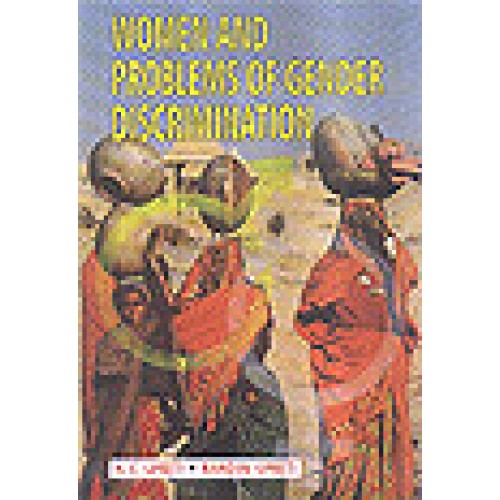Women and Problems of Gender Discrimination
| Common | |
| Author | H. C. Upreti , Nandini Upreti |
| Binding | Hardcover |
| Edition | 1 |
| ISBN | 81-7132-260-3 |
| Language | English |
| Number Of Pages | xii+215 |
| Publication Year | 2011 |
| Publisher | Pointer Publishers, Jaipur |
Your shopping cart is empty!

Ornamental trees are extensively used for beautification of parks, gardens, avenues besides development of green belt and urban green space. This book contains scientific and practical information (in 16 chapters) on various aspects of ornamental trees viz. evolution and history, social and religious connection, classification and systematic position, conservation status and legal aspects, migration, identification and carbon dating besides nursery and plantation technique, care and maintenance. Moreover, useful growing tips and landscape use have also been provided. Descriptors of 300 ornamental trees (vernacular and botanical names, morphological and floral characters) have been provided in a scientific manner along with 334 coloured images. Over and above, garden enthusiasts and landscape professionals will find a comprehensive list of 850 ornamental trees useful for landscaping purpose. At present there is no book published in the recent years on ornamental trees of India containing this kind of useful information. As a whole, this book will serve as a handbook on ornamental trees. Students of horticulture, especially floriculture and landscaping including Ph.D. scholars will consult this as special reference book connected with their course curriculum. Nevertheless, professional horticulturists, landscape architects and amateurs garden lovers will find this book equally useful.
| Common | |
| Author | H. C. Upreti , Nandini Upreti |
| Binding | Hardcover |
| Edition | 1 |
| ISBN | 81-7132-260-3 |
| Language | English |
| Number Of Pages | xii+215 |
| Publication Year | 2011 |
| Publisher | Pointer Publishers, Jaipur |

